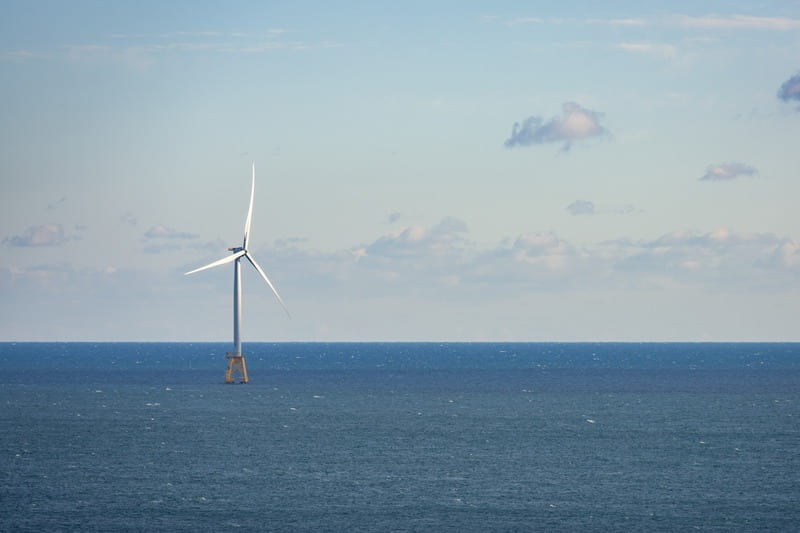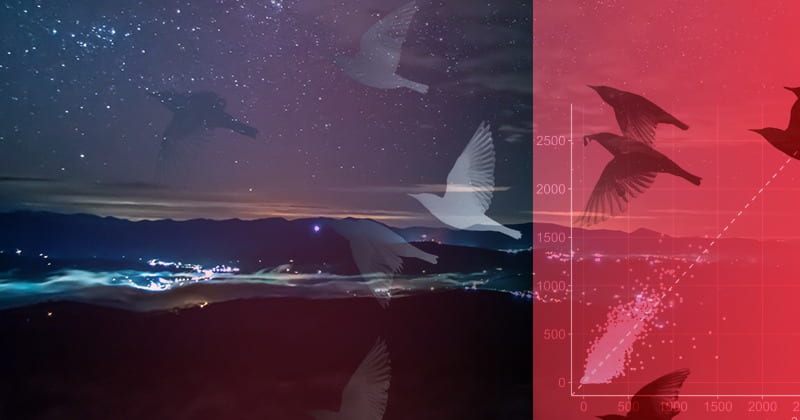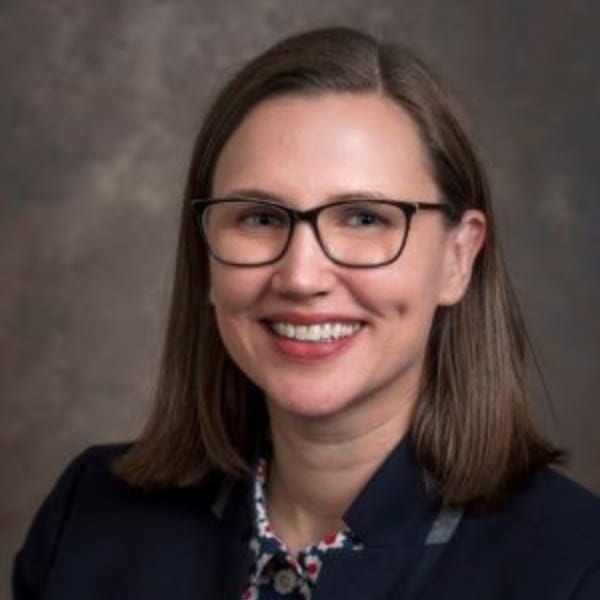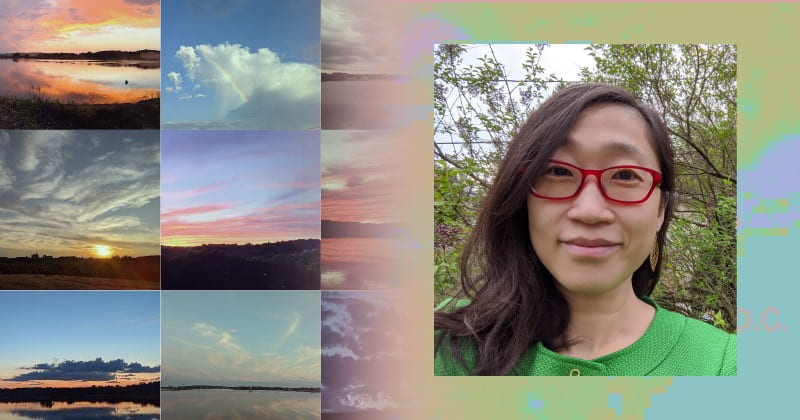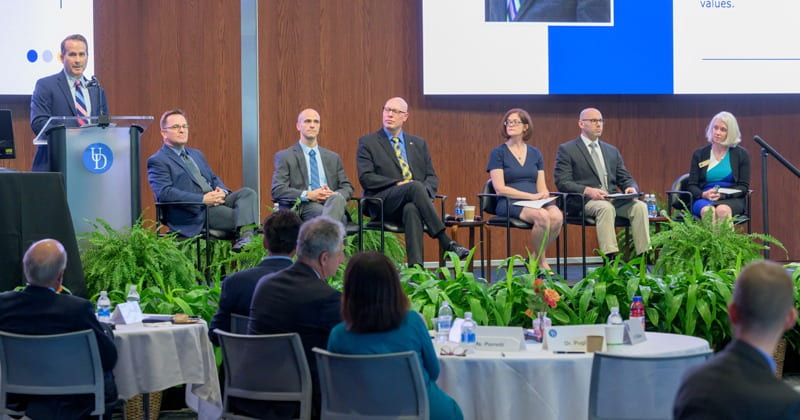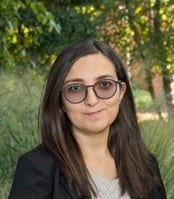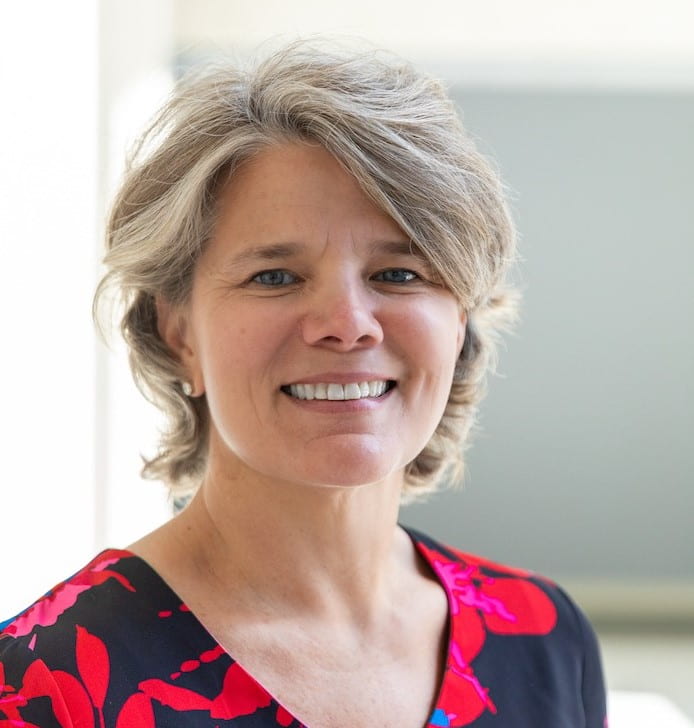News
For the Record
The Delaware Center for Cognitive Aging Research (DECCAR) has received a $575,000 award from the Paul H. Boerger Fund of the Delaware Community Foundation to advance Alzheimer’s research in the state. With more than 600,000 people living with Alzheimer’s in the region, this funding will support a one-year initiative to identify essential mechanisms linking modifiable lifestyle factors to accelerated dementia risk. DSI Resident Faculty member Austin Brockmeier, assistant professor of electrical and computer engineering, is a co-investigator on this project.
Offshore Wind Energy Grants
DSI Affiliated Faculty member Nina David, associate professor in UD’s Joseph R. Biden Jr., School of Public Policy and Administration and the director of the Energy and Environmental Policy Program, is part of a multi-institutional team of researchers looking at how coastal communities perceive offshore wind in order to better understand their concerns, preferences and values.
Allured by Night Light
New research published in the journal Nature Communications by DSI Faculty Council member Jeff Buler, a University of Delaware professor of wildlife ecology, finds that skyglow — how bright the night sky is because of artificial light — is a top predictor of where large numbers of migrating birds are going to stop and rest during their migrations across the U.S.
Western Water Crisis
DSI Resident Faculty member Kyle Davis, assistant professor at UD, and Dongyang Wei, a doctoral student at UD, are part of a research group investigating six agriculturally important river basins in the western U.S. that are experiencing water scarcity: the Great Salt Lake, the Lower Colorado River, the Rio Grande, Snake River, Platte River and the San Joaquin River. Through their research, they determined which crops are currently being grown in the areas and examined how switching to less water-intensive crops would help with water scarcity while also allowing farmers to remain economically viable.
For the Record
DSI Infrastructure Working Group member Annie Johnson, associate university librarian for publishing, preservation, research and digital access, co-authored a chapter on “Partnering with North American University Presses to Open and Preserve Humanities and Social Sciences Scholarship” for the new book Rethinking Institutional Repositories: Innovations in Management, Collection, and Inclusion, edited by Josh Cromwell (Chicago: ACRL).
Our Cities and Climate in 100 Years
Jing Gao, DSI Resident Faculty member and assistant professor in UD’s College of Earth, Ocean and Environment, recently launched a novel research and education project to explore how we can moderate the negative impacts of climate extremes on future generations. She is examining the climate resilience of urban areas at large scale — across the continental United States — and over an unprecedented 100 years into the future. Her work is supported by the National Science Foundation’s prestigious Faculty Early Career Development Award, which recognizes faculty early in their careers who have the potential to serve as academic role models in research and education.
Artificial Intelligence in Teaching and Learning
The University of Delaware, already a leader in cutting-edge AI research, is now leading the conversation about AI in the context of teaching and learning. Through the AI for Teaching and Learning Working Group, 26 faculty and staff members from units across the University are developing innovative teaching practices and policies in relation to emerging AI tools, beginning with a yearlong seminar series. The Working Group also complements the work of UD’s Data Science Institute and the Artificial Intelligence Center of Excellence (AICoE), as well as the work of a broad range of faculty and graduate students already engaged in AI research.
Environmental Leaders in the Making
DSI Fellow Hanan Abou Ali has been selected by the Delaware Environmental Institute (DENIN) as part of its 10th class of DENIN Environmental Fellows. These highly competitive and prestigious fellowships offer financial support and professional development opportunities to doctoral students at the University of Delaware whose environmentally relevant research interests demonstrate a clear link to societal need and benefit.
Rare Earth Mining
DSI Resident Faculty Members Kyle Davis and Federica Bianco are co-authors of a study published in the journal Remote Sensing, which used remote sensing techniques to look at changes in mining surface footprints between 2005 and 2020 in two rare earth mines located on either side of the Myanmar-China border, within Kachin State in northern Myanmar and Nujiang Prefecture in Yunnan Province in China.
Threats To Public Health Workers
New research resulting from a longitudinal study by primary investigator, DSI Faculty Council member Jen Horney, founder of UD’s Epidemiology program, shows threats to public health workers during the COVID-19 pandemic nearly doubled after the vaccine was released.
Our Mission
The Institute aims to accelerate research in data science, serving as a nucleating effort to catalyze interdisciplinary research collaborations across fields impacting our society.


